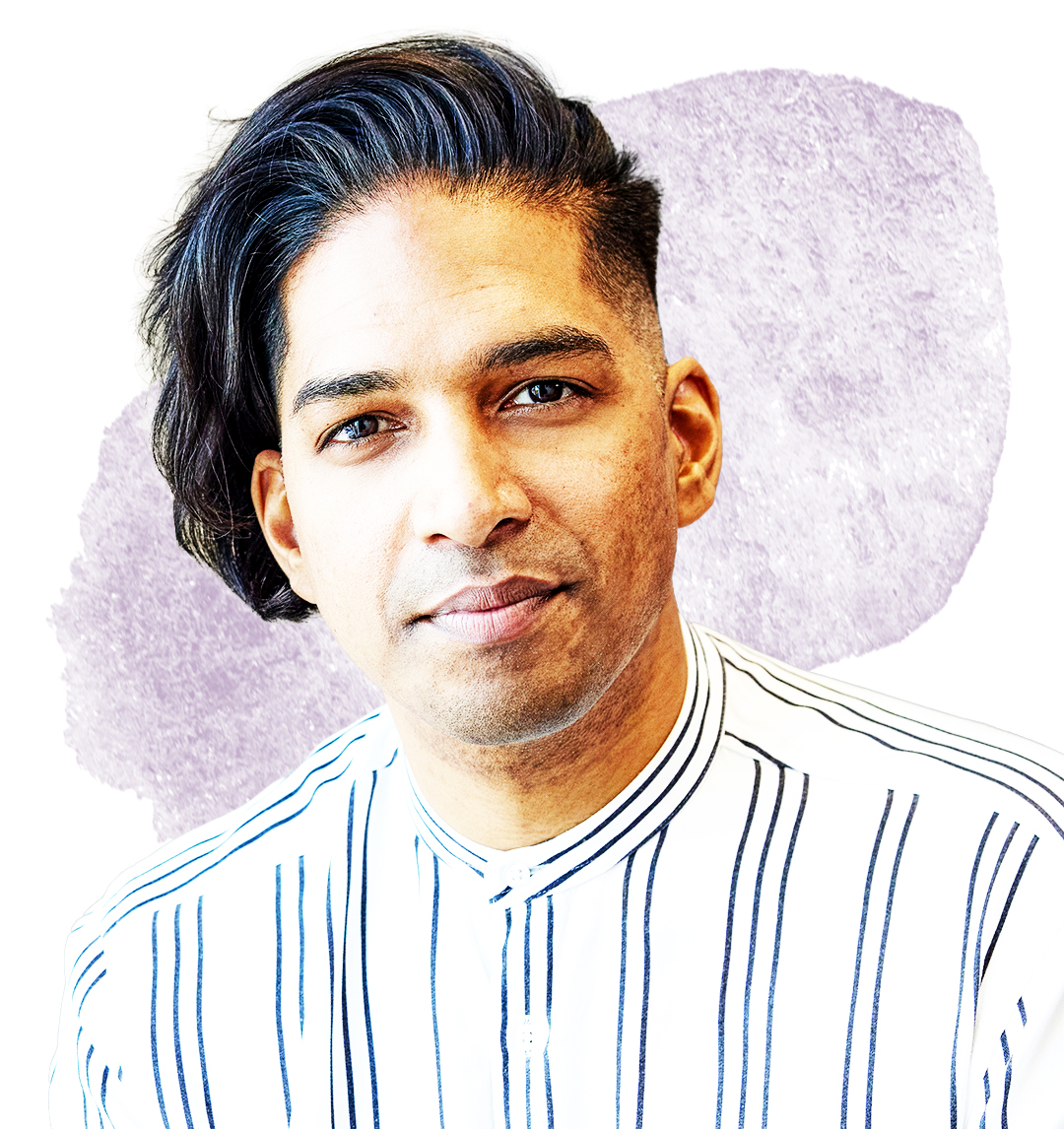The field of artificial intelligence has come a long way since Shakir Mohamed first enrolled in the University of Cambridge to study machine learning in 2007.
“When I was a Ph.D. student, if someone knew what machine learning was, that was amazing,” says Mohamed. “It would literally make our day.”
In 2013, Mohamed went on to join what was then a small London-based startup called DeepMind. There, he pioneered some of the early research around generative AI models. His papers have been cited thousands of times by other researchers and he is now Research Director at Google DeepMind. (Google acquired DeepMind in 2014; it’s now one of the world’s top AI labs.) But Mohamed’s passions go beyond technical research. Having grown up in South Africa, Mohamed noticed early in his career the scarcity of researchers from his home continent. In 2017, he co-founded the Deep Learning Indaba, an organization that aims to strengthen machine learning and AI across Africa.
More from TIME
An indaba is a gathering to discuss a serious topic, and the Deep Learning Indaba brings together leading researchers in Africa for networking and learning opportunities at its annual conference (this year’s is in Ghana). It also supports smaller IndabaX conferences in 36 different countries and incentivizes research by offering awards for the most impactful machine-learning papers from the continent.
Past conferences have brought together people who eventually co-founded startups like Masakhane and LelapaAI, both of which create natural language processing software specifically designed for African languages. In Eastern Europe and Latin America, machine-learning researchers were inspired by the Indaba to create their own conferences and events to increase representation from lower- and middle-income countries.
“My personal mission is to work on machine learning that has a social purpose,” says Mohamed. By way of warning that without proper representation from people all over the world, new technologies like AI can easily cause harm, he cites an example: Researchers used innovative forecasting techniques to predict the El Niño weather system in Peru in 1998. But those forecasts were often misinterpreted and in some cases ignored by the fishing industry, in part because scientists didn’t know how to communicate with fishermen. Mohamed wants to work on projects that place the needs of local communities at the forefront of AI research. “This is one of the values that drives my work,” he says.
- How Donald Trump Won
- The Best Inventions of 2024
- Why Sleep Is the Key to Living Longer
- Robert Zemeckis Just Wants to Move You
- How to Break 8 Toxic Communication Habits
- Nicola Coughlan Bet on Herself—And Won
- Why Vinegar Is So Good for You
- Meet TIME's Newest Class of Next Generation Leaders
